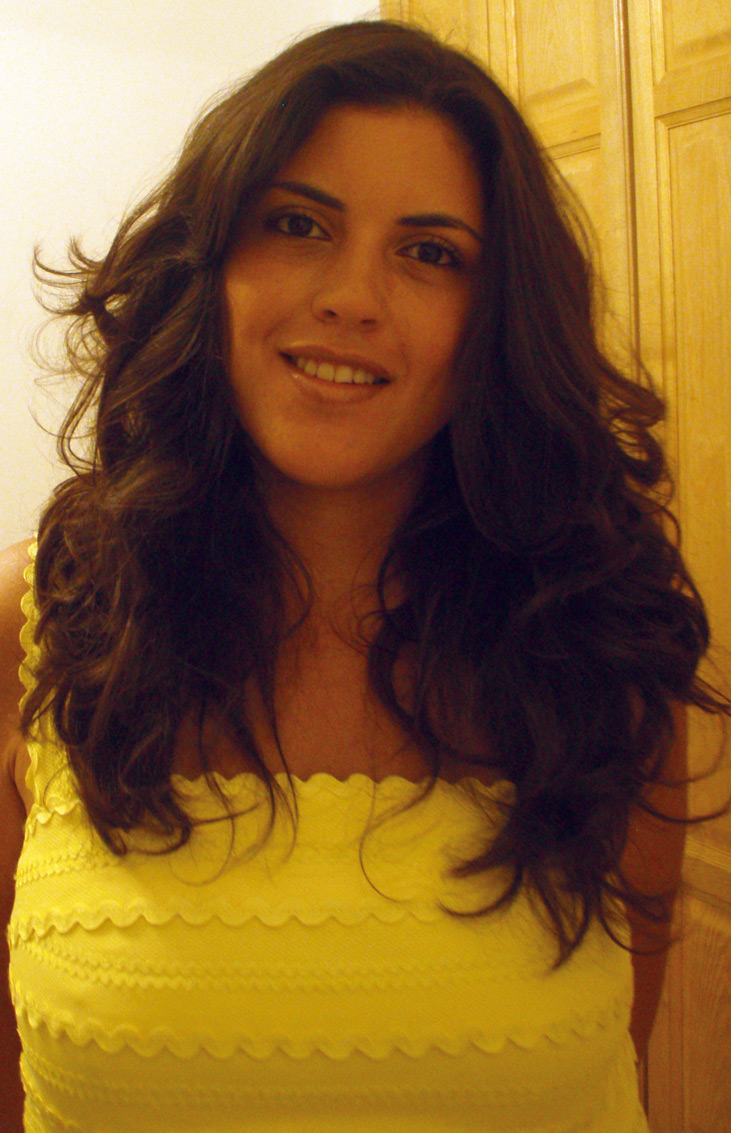|
Akher Kalam
At the Crossroads: Tunisia, Egypt and Libya 
I went to Tunisia in early November 2010 to deliver my
baby girl, Mona. I was planning on spending my
maternity leave there with my family. Little did I know
that my baby girl and I would witness a revolution firsthand.
When the revolution started in Tunisia, I had mixed
feelings. I was happy and proud on the one hand, and very
scared on the other. When riots began after Bouazizi burned
himself, we were all sad, but we had no idea that it would
flare up this way. For the past two decades in Tunisia, people
complained behind closed doors and in hushed voices; they
were scared to express themselves. My family actually fell
victim to this regime. One of my close relatives was harassed
because she expressed political views opposing the regime. As
a result, she was bullied and threatened, her car stolen,
daughter slandered and husband imprisoned. They instilled
such fear in her that they silenced her, and this was their way
with everyone who attempted to speak out. With the
revolution, I felt great pride throughout. I felt that what my
grandfather (God bless his soul) fought for was retrieved. My
grandfather was part of the Bourguiba regime, and he fought
for Tunisia's independence against colonialism from France.
I felt that Bouazizi and others did not die in vain. With this
revolution, hope was restored.
However, there were many frightening moments,
particularly when we heard gunshots outside. It was also
scary reading on Facebook the status of my friends from all
around Tunisia who would reported on drive-by shootings,
lootings and attacks on homes. I kept wondering if this
would ever happen to us. When the army took over the
streets and helicopters started circulating, this helped
alleviate the fear, but it was a constant reminder of what
was going on outside, and it made me feel we were in a
state of war.
I was really impressed with Tunisian people in the
aftermath of Ben Ali, when things got violent and citizens
took it upon themselves to defend their houses and
neighborhoods. In our residence, young men took shifts
guarding homes. They patrolled the entire night. This was the
case all over Tunisia. The coming together of communities
was astonishing.
When the revolution happened in Egypt, it was like living
the whole thing all over again. I was very scared for Egypt,
the same fear I had for Tunisia, though for Egypt, I was
worried it would turn into a huge bloodbath just by the
sheer number of people. I am proud of both countries.
I think their perseverance was what made both revolutions
successful, and it is this perseverance that will provide a better
future for the Arab world.
I am half-Libyan, and with the situation in Libya, I am
heartbroken. Really heartbroken. No words can express how
I feel to see the country going down in flames after it was
finally starting to breathe again. My heart goes out to my
family and friends in Libya. I cannot imagine the fear they
are living in because I don't believe that the situation in
Tunisia or Egypt was the same. With Libya, it is worse and
much more violent.
There is still a lot of work to be done. I don't think this
coming period for Tunisia, Egypt or Libya is going to be easy,
but I also think we are paving the road for a better future.
I envision a free Tunisia where the government is not
corrupt, where people have the freedom to express
themselves, where everyone has the opportunity to build
their country and where people are encouraged to succeed.
I dream of a Tunisia where the government is there to
support the people, not to repress them and drive them to a
state of mediocrity. I dream of a regime that is accountable
and has the best interests of the country at heart. I have the
same dream for the entire Arab world.
Ghalia Gargani '99, '03 is a research associate and project
manager at the Dubai School of Government's Gender and Public
Policy Program.
Akher Kalam is an open forum for members of the AUC community. We invite you to share your thoughts on any topic of your choice.
Submissions should be sent to dtiger@aucegypt.edu and may be edited for length and clarity.
|
